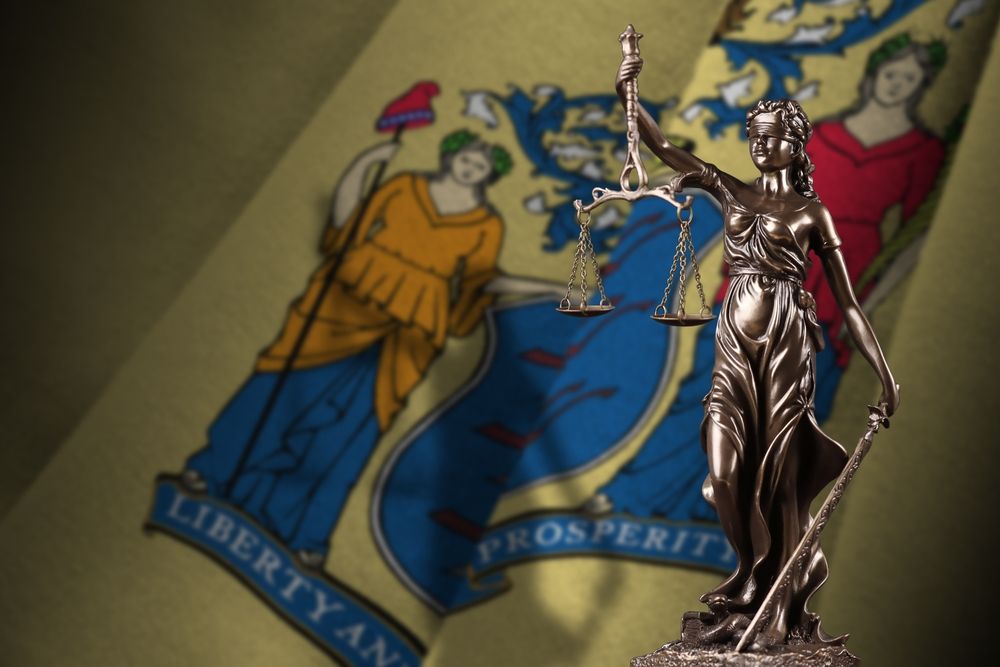New Jersey Expungement | New Jersey Clean Slate Law
22 May 2024
Share this article:
Key Takeaways
- The New Jersey Clean Slate Act, effective in 2020, simplifies the process of petitioning for the sealing of criminal records. Records can be sealed 10 years after release from prison, end of probation or parole, or disposition of the case.
- These records are removed from the public database but will still be available to law enforcement agencies and courts.
New Jersey Clean Slate Act
The most recent New Jersey Clean Slate law, effective January 1, 2020, simplifies the process of petitioning for expungement and increases the number of eligible individuals. There is a new electronic filing procedure. Individuals can seek expungement of more than one record, 10 years after all terms of the most recent disposition or sentence, including fines, imprisonment, parole and probation, have been completed.
Clean Slate is available for most crimes, but there are exclusions, including murder, robbery and aggravated sexual assault.
Initially, individuals must petition for records to be sealed. However, the law mandates the exploration of an automated system.

New Jersey Background Check Laws
New Jersey is a ban-the-box state. Employers with more than 15 employees may not ask about a criminal record on an initial job application. Employers must abide by both the federal Fair Credit Reporting Act and New Jersey law.
Employers must obtain written consent before ordering a background check. They must provide applicants with a summary of their rights, including the right to receive a copy of the report. Before they can refuse to hire based on a background check, they must follow a mandated adverse action process.
Employers generally may not consider expunged records when making a decision. There is an exception for positions where background checks are required by law.
Expungement in New Jersey
In some states, expungement goes a step further than sealing records and actually deletes records and makes it as if those events have never existed. Under the New Jersey expungement definition, criminal records are removed from public data stores and are no longer accessible to the public. However, the courts and law enforcement officials can still see the records.
What CRAs Need to Know About Clean Slate Laws in New Jersey
In most cases, CRAs will not be able to discover New Jersey criminal records that have been sealed. If they manage to learn about them through some other source, they should not report them to their client. As always, the best CRAs keep abreast of all laws in all states and advise employers on what they may and may not do.
Bottom Line
A New Jersey Clean Slate Act, effective in 2020, has simplified the application process for individuals who are eligible to have criminal records sealed. It has also expanded the definition of who is eligible. Sealed records will no longer be available to the public but will still be visible to courts and law enforcement agencies. CRAs will generally be unable to see these records and
should not report them to clients even if they do discover them.
Connect with Us:




